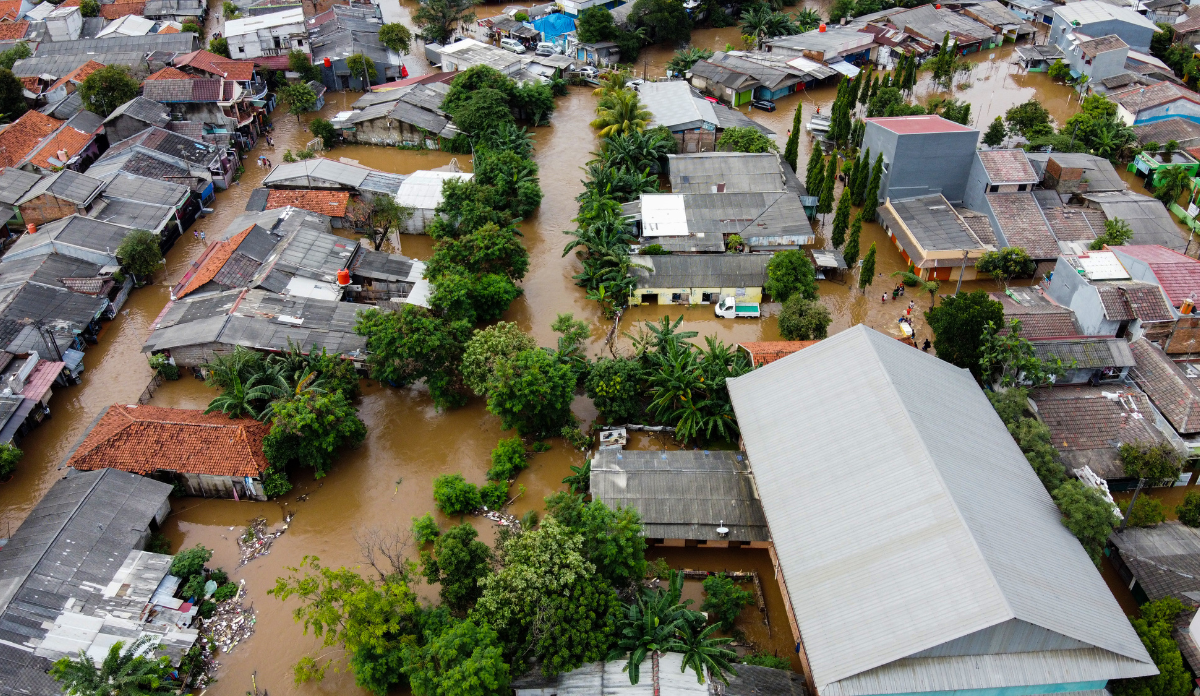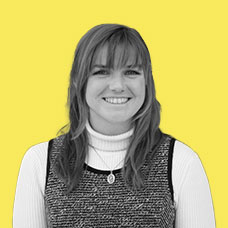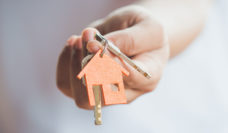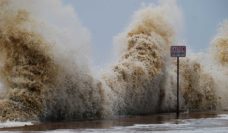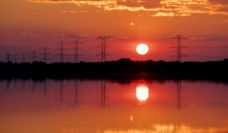November 30th marked the end of yet another devastating hurricane season. Fiona and Ian tore across the Atlantic Coast, destroying the homes of families from Puerto Rico to Florida, and up to Canada. Insurance companies have gone out of business without paying insurance claims, leaving residents stranded and forced to pay out of pocket for the repairs. Louisiana, my home state, was safe from the 2022 hurricane season. But some parts of the Gulf South face disastrous storms every year. And the region’s residents depend on insurance assistance to repair their homes before the next year’s storms hit.
In August 2021, Hurricane Ida blew into the Gulf Coast. My mother, who suffered the brunt of Ida, is one of the people still trying to repair without insurance assistance. Though she dutifully paid housing insurance premiums for a decade, my mom was left without assistance to recover because her insurance company went bankrupt. Today, her house is still in disrepair.
As a category 4 storm, Ida swiftly and mercilessly uprooted trees and electricity poles throughout the Gulf states. In Southern Louisiana, my mother had three trees land on her property—breaking support beams, flattening fences, and blocking the staircase to my grandmother’s second-floor apartment. We hoped insurance would cover the damage. The insurance company was unable to give our family anything for recovery post-Ida. Unfortunately, I’ve lived through enough hurricanes to know that insurance does not always deliver.
As climate change increases the intensity of other climatic dangers to our country—wildfires, flooding, tornadoes, and hurricanes—our ability to stay in our homes declines. We need universal insurance to stay put.
Insurance companies are going bankrupt. For the past two years, more and more companies operating in the Gulf South are dropping clients and leaving these states. Nine companies have gone bankrupt, and another dozen alerted policyholders that they will no longer be insuring in Louisiana. And the remaining insurance companies increased their prices, labeling towns like ours as a “hazard zone.” Recently the Louisiana Department of Insurance approved a request for residence insurance policy costs to increase by 63% for policyholders for one company that insures over 100,000 residents.
These bankruptcies and rate increases among the insurers left standing are catastrophic to the people they insure. Residents are left without a safety net. For my mother to insure her home, she would now have to pay three times what she previously paid. Insurance payments can cost more than the mortgage on the homes they insure.
To be sure, there are federal funds, like FEMA, to assist residents with repairs. However, there are hundreds of claims yet to be fulfilled from Fiona and Ian, and some people are turned down simply because there are too many claims. Even when you are approved, it’s less money than is needed to cover repairs. A family friend received one-fourth of her requested amount and still can’t live in her house. She’s been living in a mobile trailer for over a year now, waiting.
Residents are left to fend for themselves and to prepare for the next storm: sandbagging doors to stop flooding, stocking up on batteries and non-perishable foods, cleaning out storm drains, paying for housing insurance, and securing anything that poses a flight risk—cars included.
It’s only going to get worse…
As global warming is causing water temperatures to rise, the intensity of these storms is worsening. Environmental and meteorological scientists project that there will be more cases of category 4 and 5 hurricanes as climate warming worsens.
We need to be able to come back from storms. With movements claiming housing is healthcare, Federal authorities should offer a country-wide insurance policy just as the Affordable Care Act provided health insurance. As climate change increases the intensity of other climatic dangers to our country—wildfires, flooding, tornadoes, and hurricanes—our ability to stay in our homes declines. We need universal insurance to stay put.
After the damage is done, we rebuild the best we can; a true testament to the resilience of the residents. For my mom, we cut up the trees, repaired the fencing, and moved my grandmother to the bottom floor. But for many, there simply are not enough resources to repair. A tarp over the roof is the best some can manage as the clock ticks down to the next storm.
My mom has decided to go without insurance after the 2021 season. She prayed that no storms would hit her house, and in 2022 those prayers came true—she was a lucky one last year. When I asked her about her long-term solution, she is hoping premiums go down so she can afford insurance again. Until then, she will be waiting and watching the sky.
This article is part of a series on Louisiana and the environmental health issues residents face.
Photo via Getty Images









